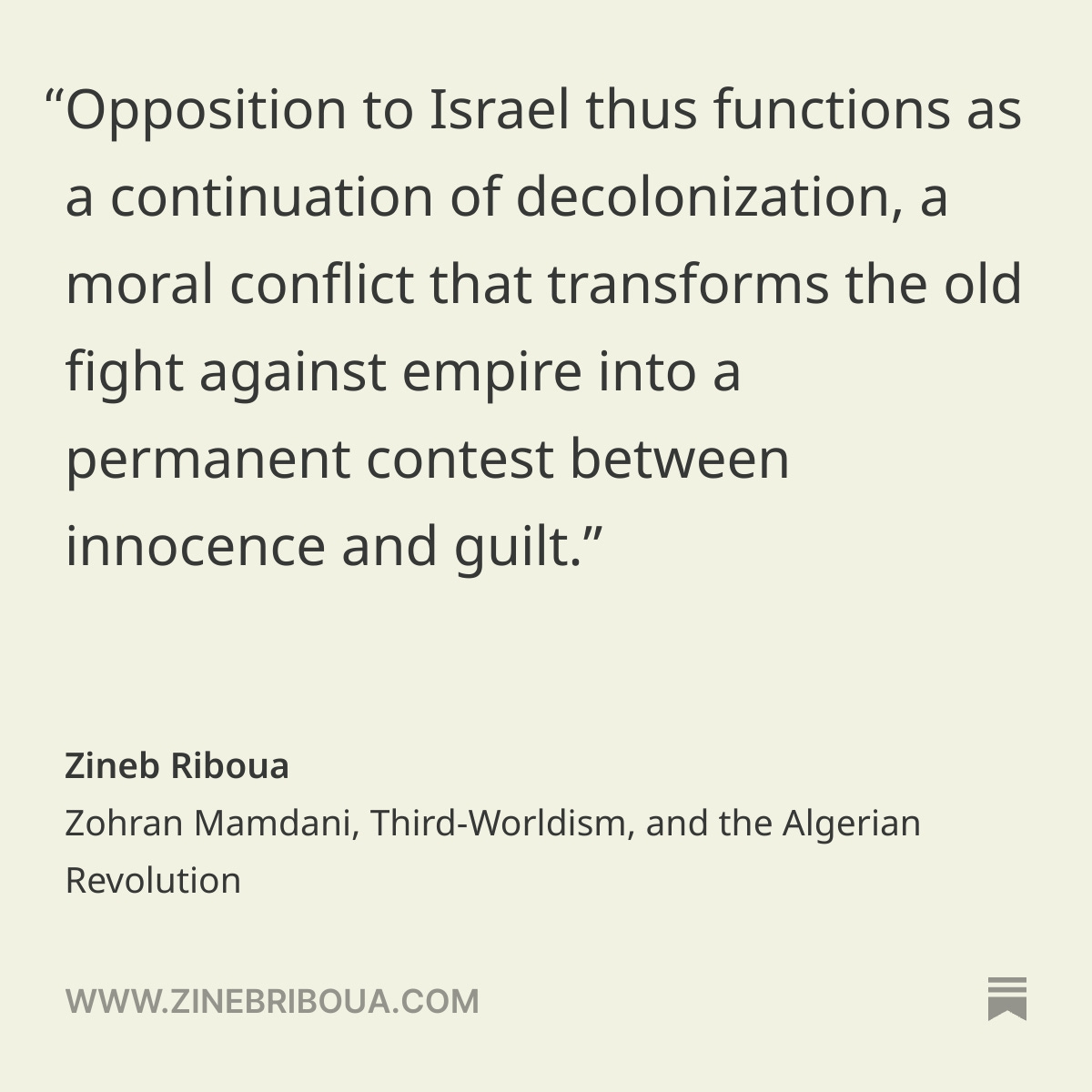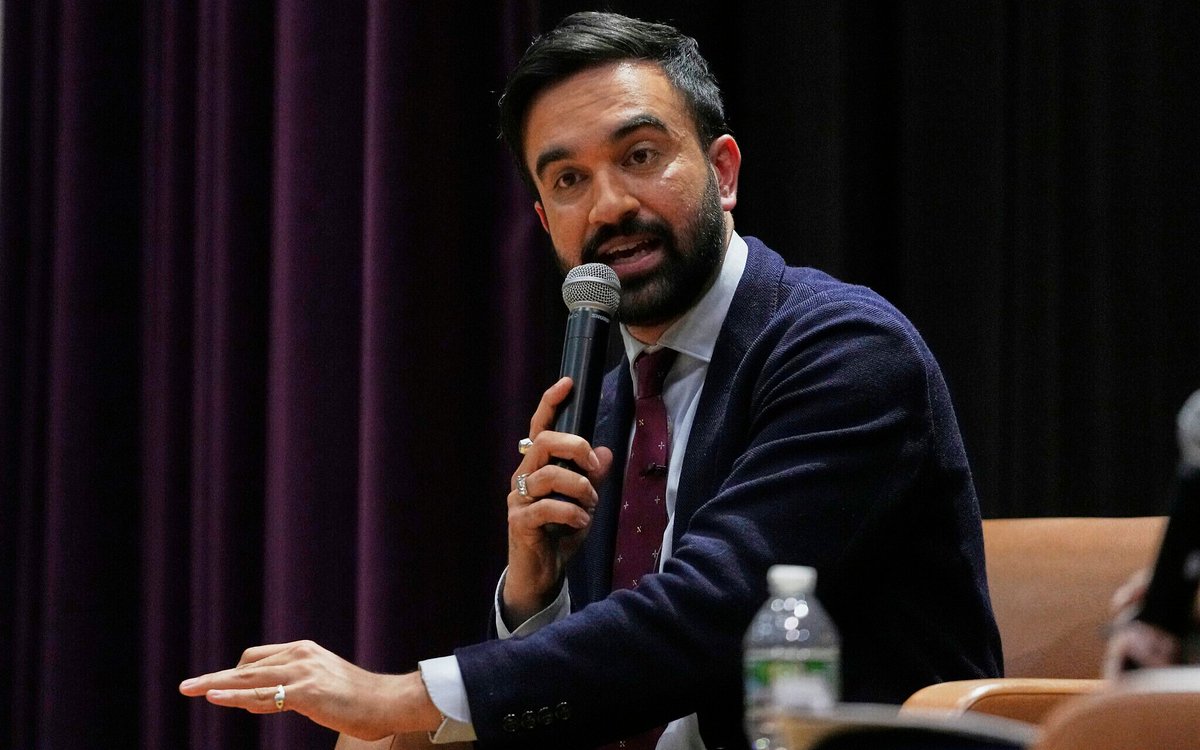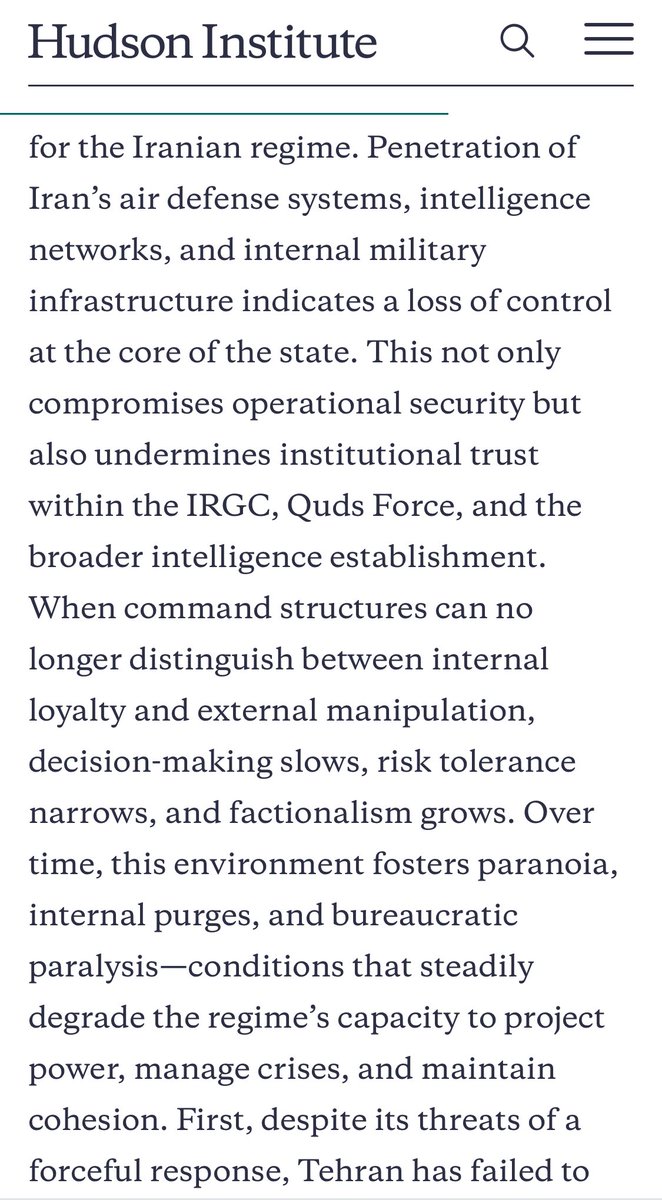On the situation in Mali:
It's important to first of all define the terms. Tuaregs are a large semi-nomad Berber group that adopted Islam in the 7th century. They adhere mostly to Sunni Maliki Madhhab, which explains their visits to Morocco to pay homage to Saints. They are present in Niger, Mali, Libya, Algeria, Mauritania, Nigeria, and Burkina Faso. Those in Mali speak Arabic and a Berber dialect, Tamashek.
They have historically controlled the caravan roads that stretch from North Africa to Central Africa.
It's important to first of all define the terms. Tuaregs are a large semi-nomad Berber group that adopted Islam in the 7th century. They adhere mostly to Sunni Maliki Madhhab, which explains their visits to Morocco to pay homage to Saints. They are present in Niger, Mali, Libya, Algeria, Mauritania, Nigeria, and Burkina Faso. Those in Mali speak Arabic and a Berber dialect, Tamashek.
They have historically controlled the caravan roads that stretch from North Africa to Central Africa.

Their clothes and veils are among their most noticeable characteristics. The women hardly ever cover themselves (until recently -- recently meaning last two centuries or so) the men wear blue veils so that just their faces or eyes are seen. They also typically base their social structures on tribal allegiances and heritage and have stringent customary laws.

The Azawad people, which are the ones who ambushed Wagner, are also Tuaregs, but are based in Northern Mali.
They are not ISIS, they are not Al-Qaeda, they are not JNIM, and they do not want to have a Sahel/Maghreb caliphate. It is a common misconception as to what their goals are.
They claim territories from Niger, and Southern Algeria, and most importantly, want to form an independent state.
Funny thing here is that the pattern regarding their warfare tactics remained intact as the Tuaregs are known for "surprise attacks."
They are not ISIS, they are not Al-Qaeda, they are not JNIM, and they do not want to have a Sahel/Maghreb caliphate. It is a common misconception as to what their goals are.
They claim territories from Niger, and Southern Algeria, and most importantly, want to form an independent state.
Funny thing here is that the pattern regarding their warfare tactics remained intact as the Tuaregs are known for "surprise attacks."

Tuareg separatists in Northern Mali have started different rebellions since the 1990s, and even prior, given that the formation of the modern Malian state following French colonial retreat did not allow them to gain in representation, they did not agree on the constitution, and ethnic violence complicated their overall integration.
Through their organized movement, National Movement for the Liberation of Azawad (MNLA) , in 2012, they have rebelled once again and claimed their independence in the North.
The problem was that Ansar Dine and AQMI, which are terrorist groups, wanted to seize the opportunity to absorb Azawad and create a caliphate. Which, in fact, did not happen. That being said, it is likely that they benefited from their weapons.
Through their organized movement, National Movement for the Liberation of Azawad (MNLA) , in 2012, they have rebelled once again and claimed their independence in the North.
The problem was that Ansar Dine and AQMI, which are terrorist groups, wanted to seize the opportunity to absorb Azawad and create a caliphate. Which, in fact, did not happen. That being said, it is likely that they benefited from their weapons.

My point is very simple:
The people who killed Wagner group mercenaries, are Tuaregs, but most importantly, they’re Azawad people, they have their own demands and their own interests that should not be confused with other groups. For the sake of any reasonable discussion,..
The people who killed Wagner group mercenaries, are Tuaregs, but most importantly, they’re Azawad people, they have their own demands and their own interests that should not be confused with other groups. For the sake of any reasonable discussion,..
• • •
Missing some Tweet in this thread? You can try to
force a refresh














